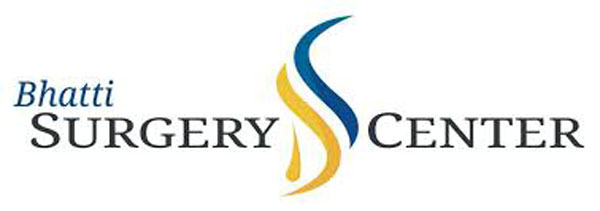Diagnosis
Upper Endoscopy.
Also known as EGD, an Upper Endoscopy is a procedure used to view the esophagus, stomach, and part of the small bowel. This exam looks for signs of reflux, hiatal hernia, peptic ulcer disease, or tumors. It is one method in a patient's treatment plan to determine the suitability of surgery. EGD is more accurate than X-rays for identifying inflammation, detecting abnormal growths such as ulcers, tumors, or cancer, and for examining the inside of the upper digestive system.
Barium Upper GI.
This is a series of X-ray films that show the digestive tract. A liquid barium solution is swallowed while several X-ray films are taken. This temporarily coats the lining of the esophagus, stomach, and intestine, making the outline of these organs visible on the X-ray film. The X-rays show how the solution is traveling from the mouth to the esophagus and into the stomach. This is performed to visualize the presence of reflux, hiatal hernia or obstruction.
Esophageal pH Monitoring.
This procedure is performed to measure the reflux of acid from the stomach into the esophagus that occurs in GERD (pH measures the acidity or alkalinity of a solution). It is used to evaluate for GERD and to determine how medication is working to prevent acid reflux. It is also helpful in evaluating typical symptoms that do not respond to medications. Two different types of pH monitoring can be used. Your gastroenterologist will discuss which one is best for you.
Esophageal Manometry.
This is a test used to identify problems with movement and pressure in the esophagus that may lead to problems like heartburn, achalasia or other motility disorders. It measures the strength and muscle coordination of the esophagus during swallowing. This test will allow doctor to examine the muscular valve connecting the esophagus with the stomach, called the lower esophageal sphincter, as a factor in determining suitability for a LINX implant (in case of GERD) or the need for esophageal myotomy (in case of achalasia).
Treatment
Lifestyle Modifications.
For many cases of GERD, simple changes to daily life are all that is needed to treat the disease. These changes can include daily dosages of over-the-counter or prescription medications. Additionally, your doctor may recommend reducing or eliminating smoking, alcohol consumption, acidic or fatty foods, and carbonated beverages. Weight loss may be another recommendation as well as alteration of eating or sleeping patterns.
Medication Therapy.
Medication Therapy is often the next step if the lifestyle changes are not effective in treating GERD symptoms. Over-the-counter antacids and other medications can neutralize stomach acids and help reduce acid production. Prescription medications may be effective in promoting healing and relieving symptoms but are not indicated for a long-term treatment plan. Although these medications neutralize the stomach acid, they do not treat the cause of reflux, only its effect.
Surgery.
This step is usually reserved for those whose symptoms are not effectively treated by either lifestyle changes or medication. Sometimes this may be the first option if there is a anatomical defect such as a hiatal hernia. While the most common surgical option is a fundoplication operation, at Bhatti Surgery, we offer the state-of-the-art LINX implant as well. Surgical treatment is usually laparoscopic/robotic (small incision) with a rapid recovery to full activity.
